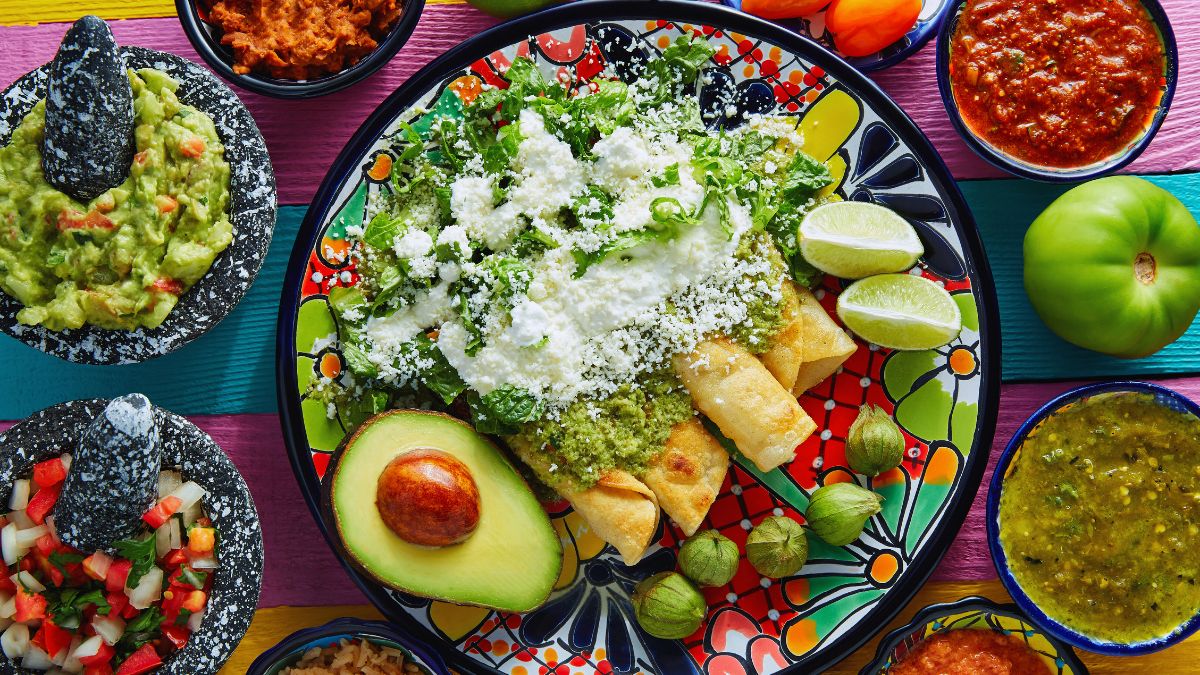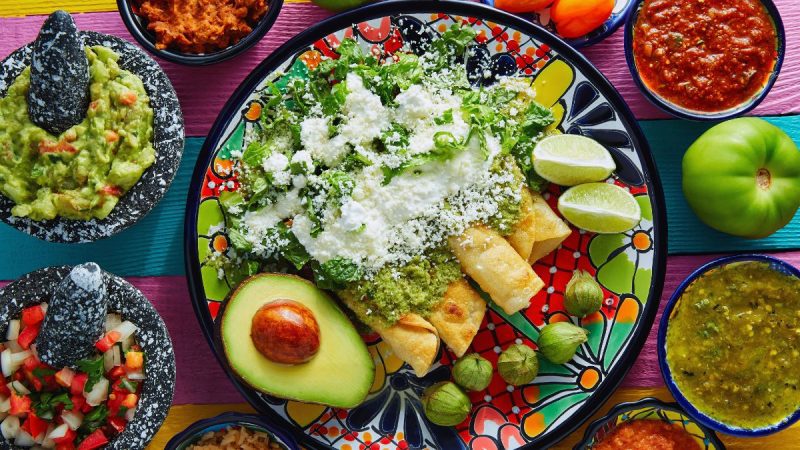Sustainable culinary practices are essential in today’s world. As the global population continues to rise, these practices aim to reduce the ecological footprint of food systems. The Godrej Food Trends Report 2024 highlights the most transformative trends in sustainable food practices.
Key Components Of Sustainable Culinary Practices

The importance of sustainable culinary practices cannot be overstated. The food industry is a significant contributor to greenhouse gas emissions, deforestation, water scarcity, and biodiversity loss. Here are the key trends to take note of:
- Supporting Local Farmers & Producers: Experts foresee an increase in customer support for local farmers and producers (almost 90%). This trend highlights the importance of sourcing food that is both sustainable and ethical. As consumers grow more aware of the environmental impact of their decisions, they want to positively impact their communities.
- Adopting a Climatarian Diet: In 2024, 75% of experts predict that people will follow a climatarian diet. This dietary trend prioritises foods with lower carbon footprints, encouraging environmental sustainability. People can eat tasty, healthful meals and lessen their environmental effects by making thoughtful decisions.
- Sustainable Packaging: The panel predicts a high demand for sustainable, eco-friendly packaging. According to 71% of experts, consumers are increasingly concerned about the environment. Producers and brands are looking into creative packaging ideas that reduce waste and advance the circular economy.
Importance Of Green Practices

Adopting sustainable culinary practices has a significant positive impact on the environment. Moreover, supporting local farmers encourages sustainable agricultural practices that are less reliant on chemical inputs and monoculture farming. Reducing food waste is another critical aspect. The Food and Agriculture Organization (FAO) estimates that one-third of all food produced globally is wasted. By minimising waste, the resources expended in the production, processing, and transportation of food are conserved. This not only reduces greenhouse gas emissions but also saves water and energy.
On the consumer side, there is a growing demand for sustainable and ethically produced food. This can lead to increased profitability and market differentiation. Despite the numerous benefits, there are challenges in implementing sustainable culinary practices. The future of sustainable culinary practices is promising, with increasing awareness and demand driving innovation and adoption. The journey towards sustainability is an ongoing process.
So, what do you think?
Cover image credits: Canva
First Published: June 05, 2024 4:41 PM




